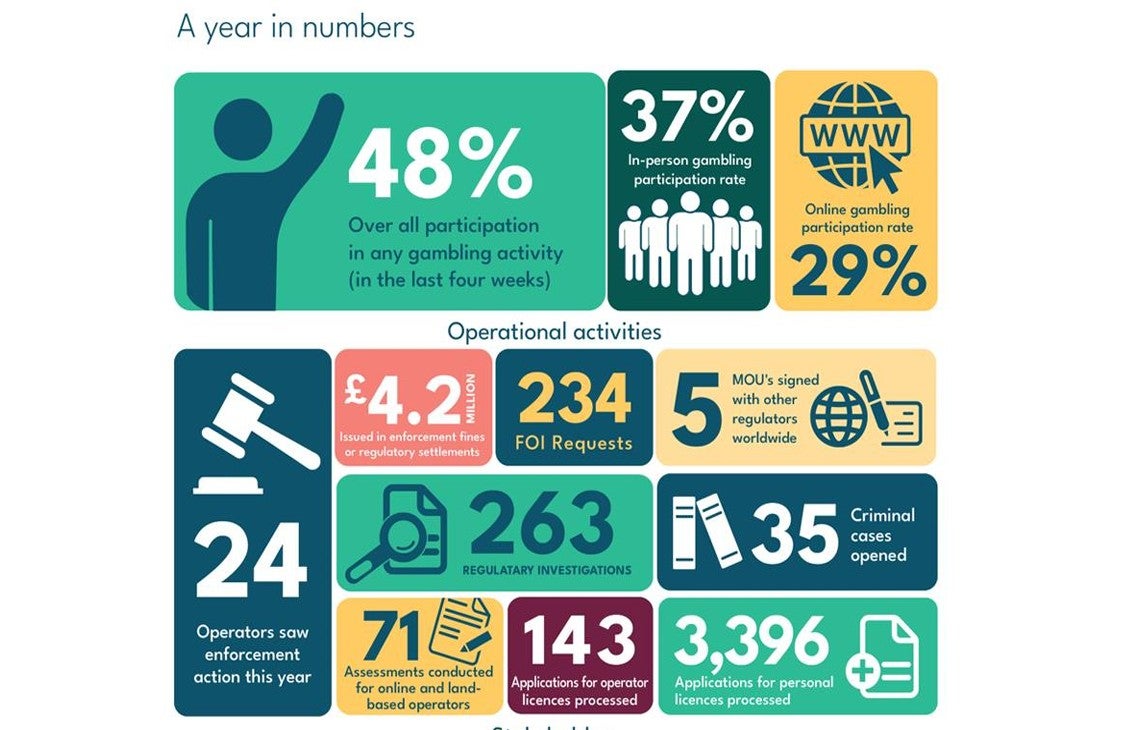Taking action
The Los Angeles City Attorney’s Office named Ed Craven and Bijan Tehrani, who helped found Stake.US and Kick, in their suit.
The pair was accused of running an illegal online gambling enterprise that violated several state and federal laws, including the Unfair Competition Law (UCL), False Advertising Law (FAL), and the Unlawful Internet Gambling Enforcement Act (UIGEA).
The UCL prohibits “unlawful, unfair, or fraudulent” business practices, and is part of a consumer protection statute. The FAL deals with false or misleading advertisements, which can be punished by civil and criminal penalties.
The UIGEA is a federal law that prevents companies from accepting payment for illegal online gambling services.
“By masking its real money gambling platform as ‘America’s Social Casino,’ Stake.us and Defendants create a predatory, dangerous gambling environment,” LA’s attorneys wrote. “This deliberately misleading environment draws in Californians across demographics, exposes them to substantial risks of gambling addiction, jeopardizes their and their families’ financial and mental health, and otherwise presents the type of hazards that California’s anti-gambling laws are intended to prevent.”
Holdings company EasyGo and gaming suppliers Evolution, Pragmatic Play, Hacksaw Gaming, and others were also looped into the lawsuit for their involvement with Stake.US.
Possible outcomes and punishments
The lawsuit aims to enforce a ban against Stake,US, refund all gambling losses to its California customers, and to enforce penalties of up to $2,500 for each violation of the UCL and FAL.
Penalties could rise to $7,500 per violation involving senior citizens or disabled persons.
Stake.US is accused of designing an interface nearly identical to its international platform, but with the goal of circumventing California’s gambling regulations.
As a social casino, it also follows the dual-currency system that has proven to be an issue for state regulators. Customers can (but do not have to) purchase Sweeps or Gold Coins, which can then be used to play online games.
Prizes from games can be redeemed for gift cards or cryptocurrency, which are then translated to cash.
Sweepstakes cafes have been illegal in California since 2015, while online platforms have operated between the laws. Assembly Bill 831, currently under consideration, would expand the prohibition to cover online sweepstakes platforms.
A possible cease-and-desist order would prevent Stake.US from offering its services to California customers. That has been a popular and effective method for regulators to rid their market of unwanted gaming platforms.







_(2374185648).jpg)





.jpg)






















